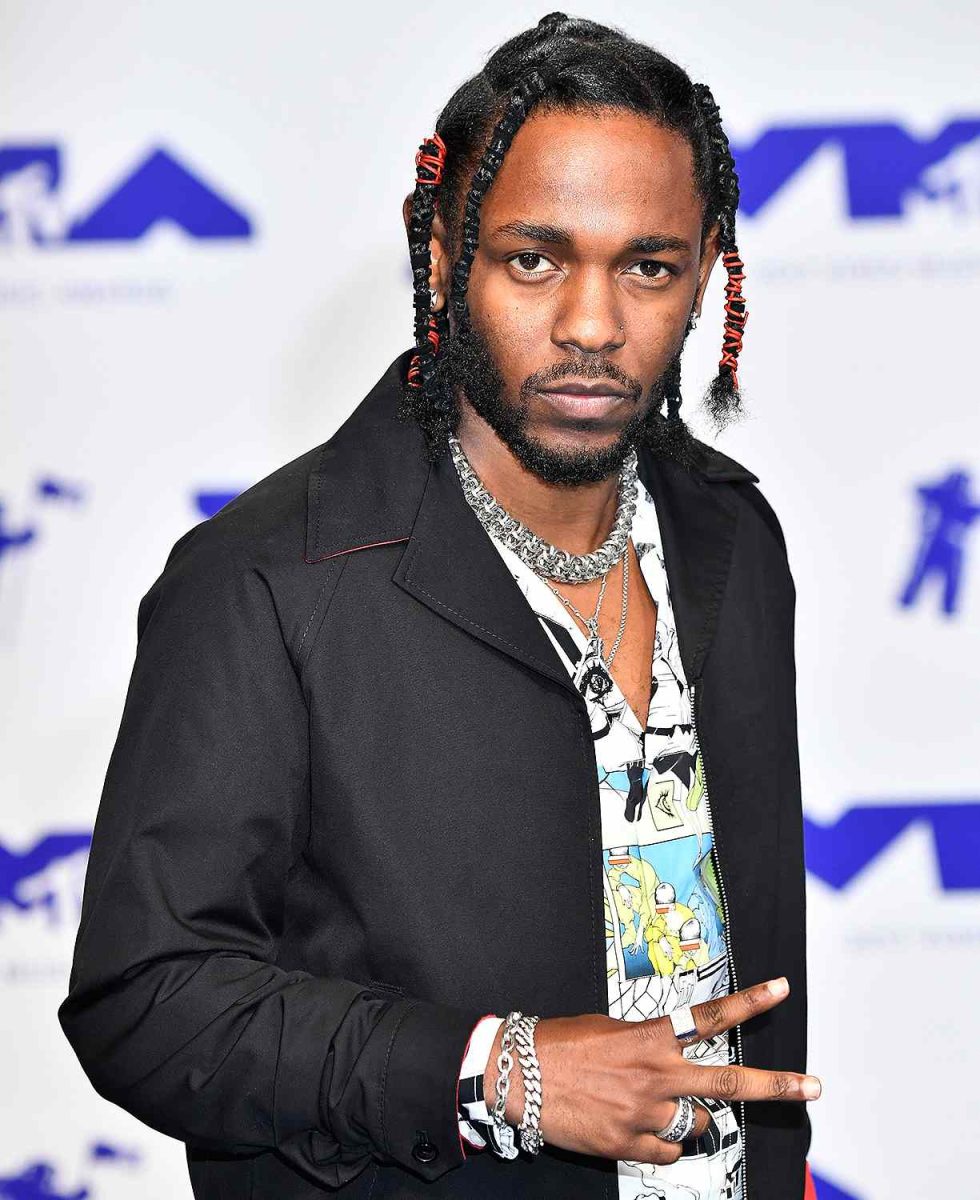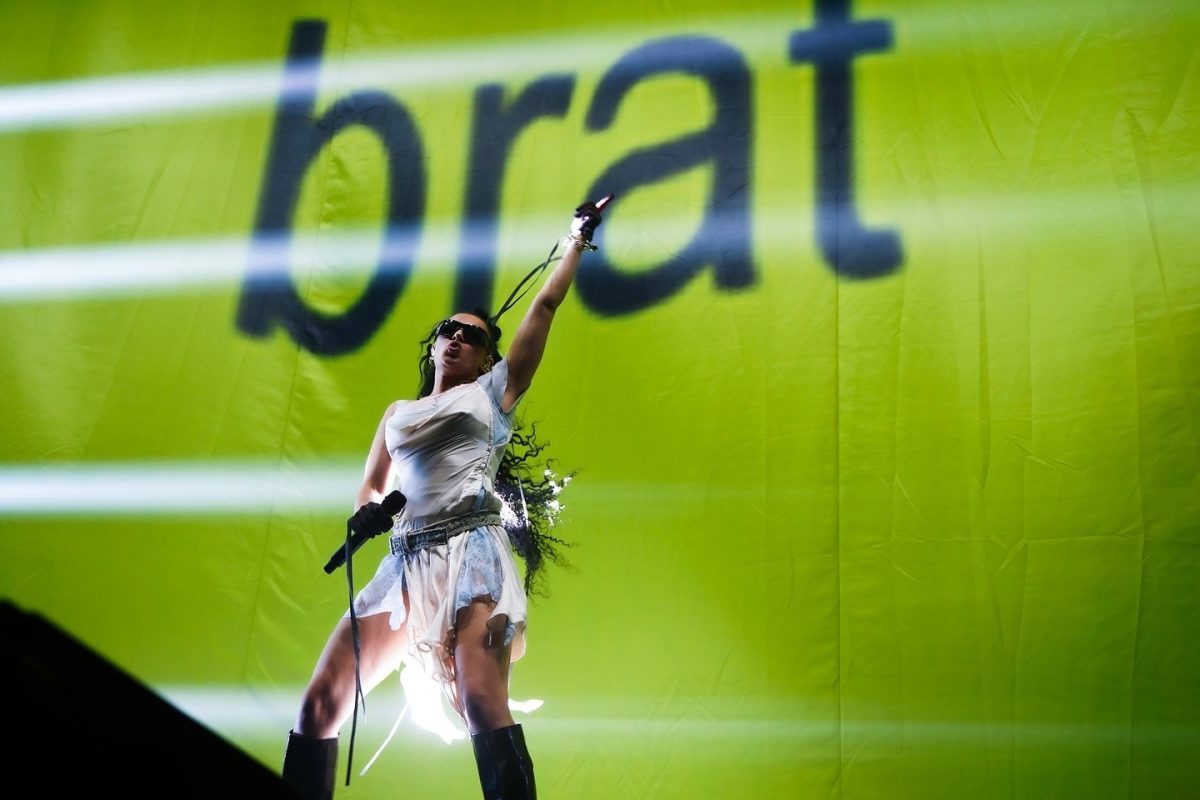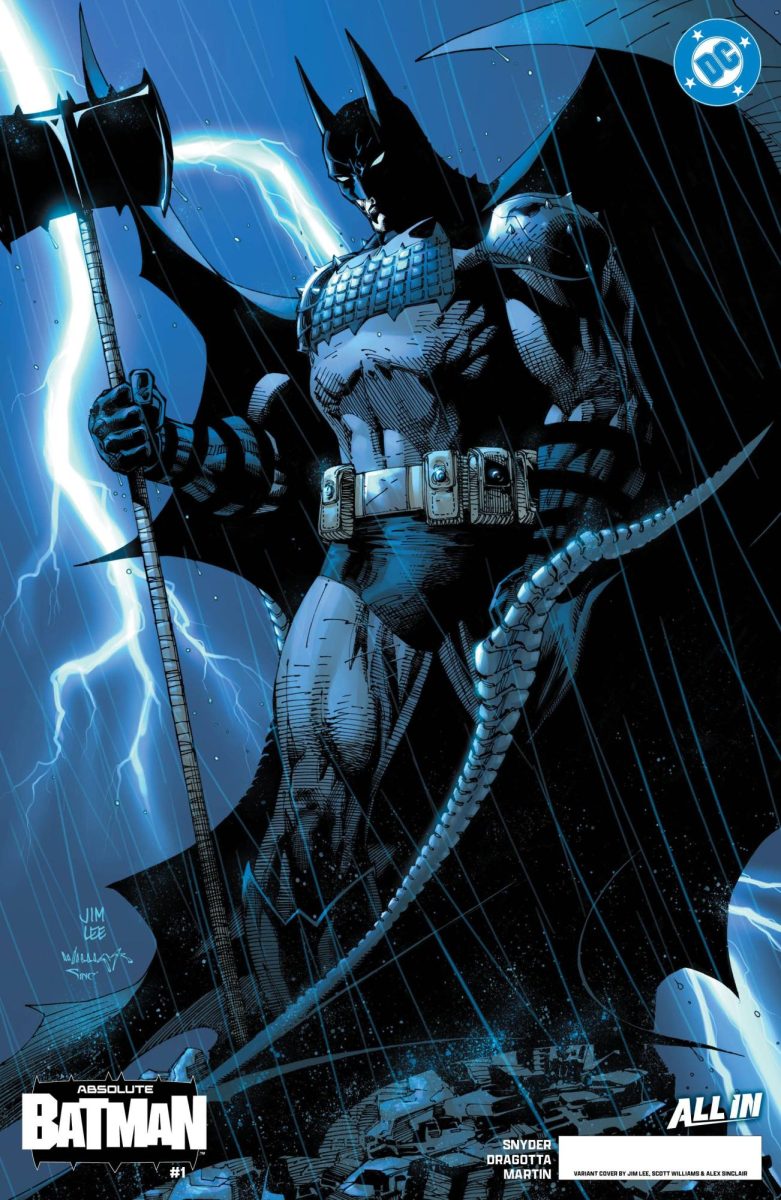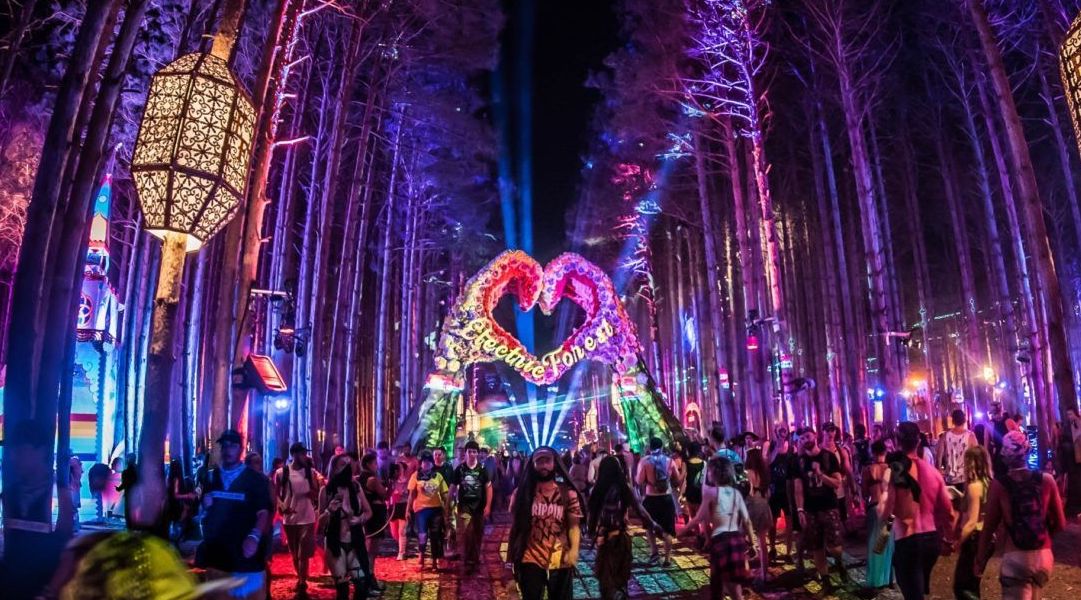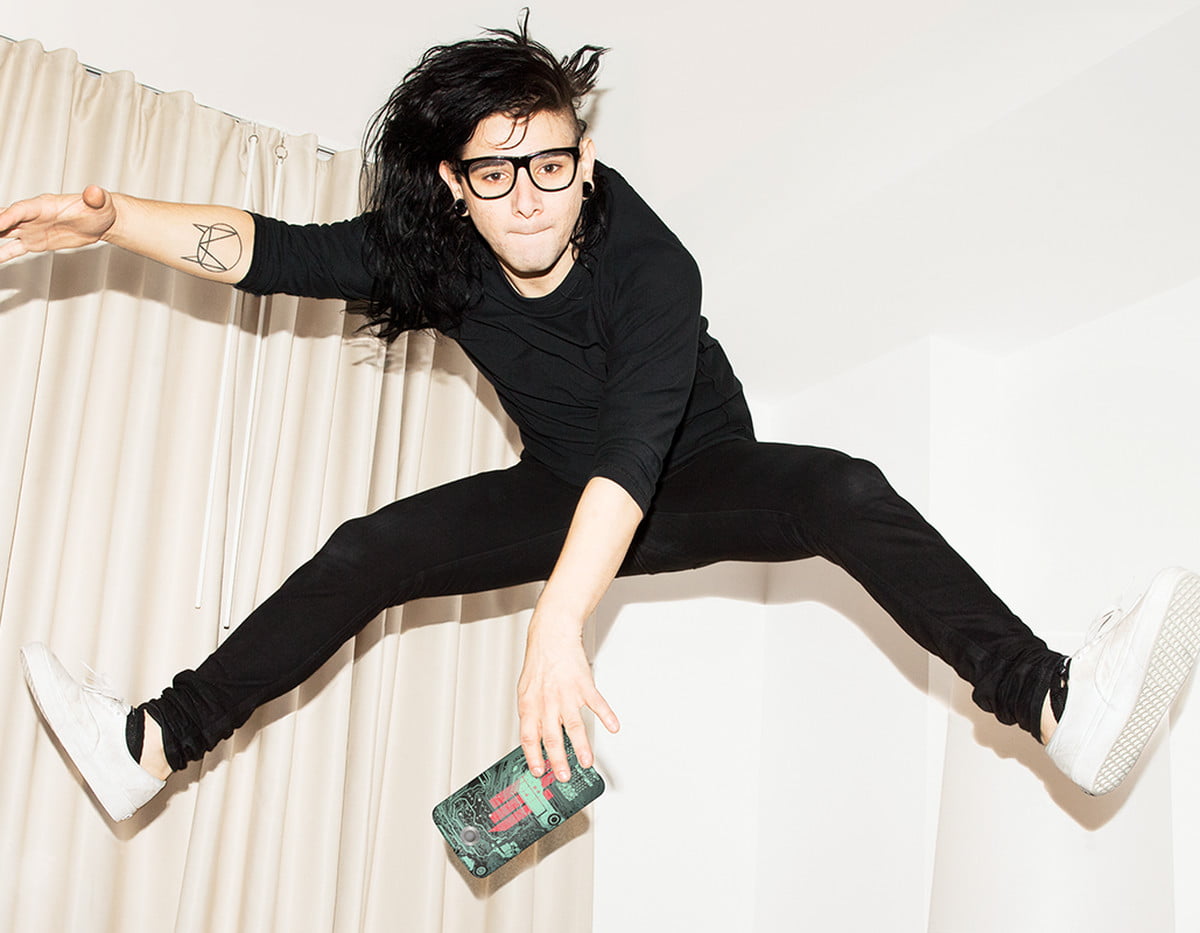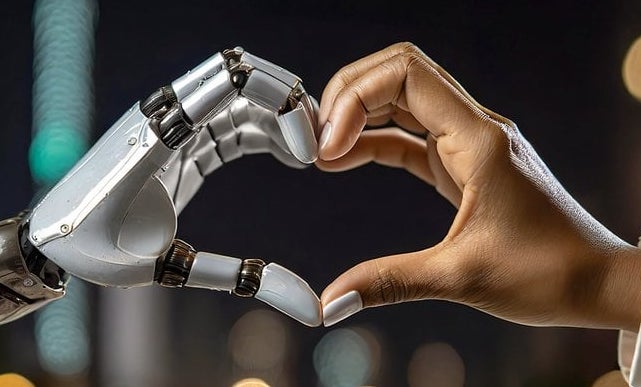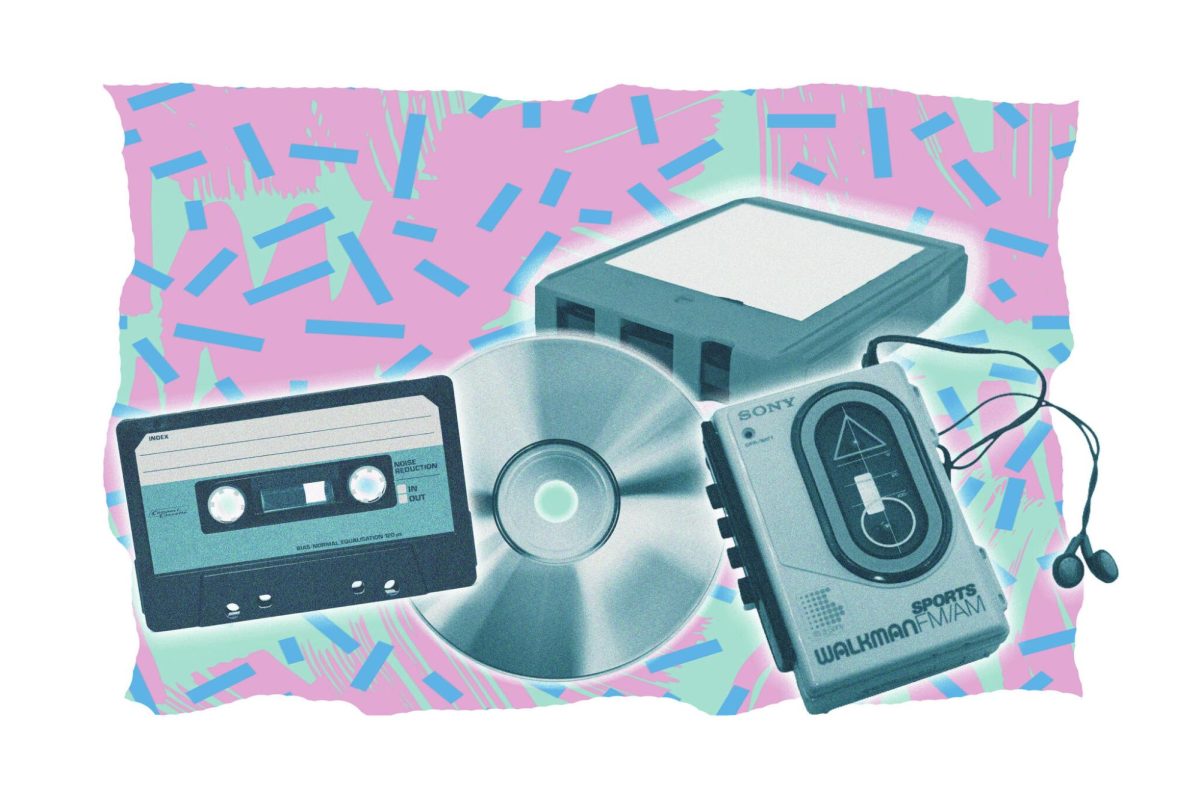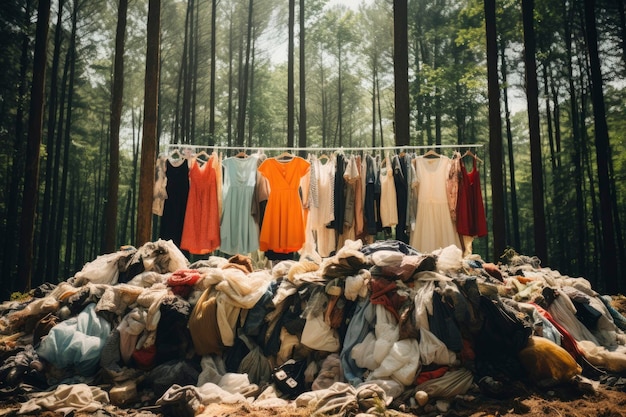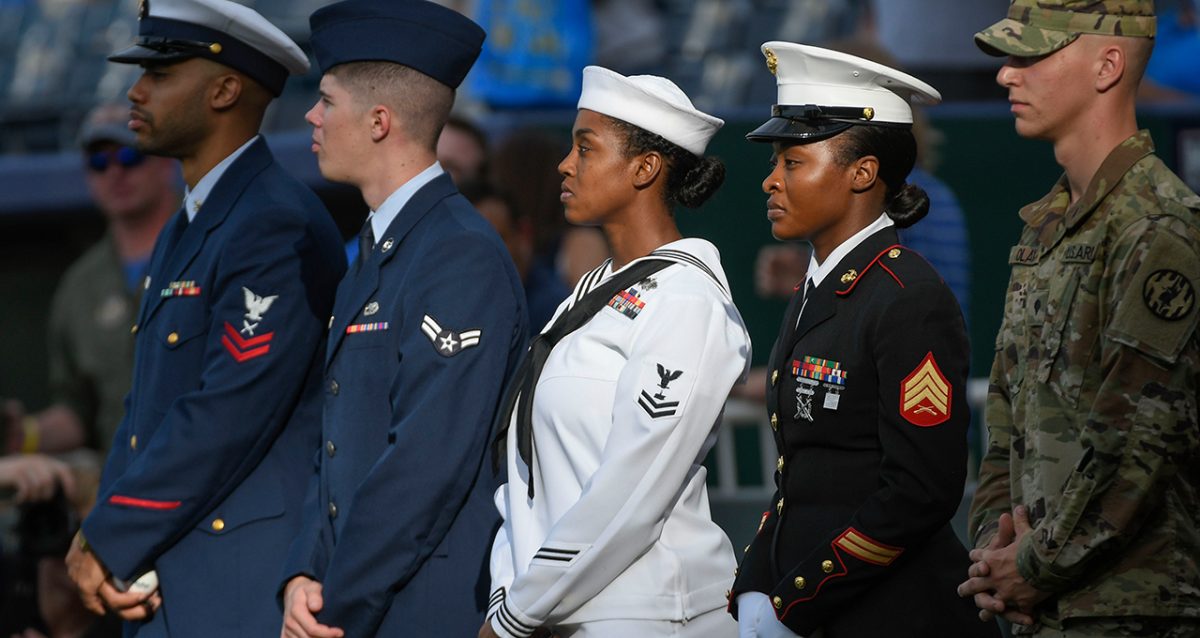Since its inception in the early 1970s, hip-hop music has always been associated with one word: culture. From the New York house parties where it was born, to the way it has influenced fashion and language today, hip-hop and rap goes beyond just being a genre of music, but has made an impact on American culture as a whole.
For over two decades now, hip-hop has been one of — if not the biggest — music genre in the world, going past the borders of America and influencing countries across the planet to the point where nearly every country is producing hip-hop fans and artists. This summer saw the unique culture of hip-hop put on global display as two of the genre’s biggest artists went head-to-head in an attempt to prove who was the best.
Filled with personal attacks on character, Compton-raised Kendrick Lamar traded blows with Toronto-born rapper Drake over the course of a few months. The catalyst to this conflict stemmed from Lamar expressing his distaste for Drake, believing he does not represent the culture of hip-hop, attacking his character and accusing him of various illicit activities.
As Lamar stated about himself in one of his songs titled “Euphoria”: “[He’s] what the culture [is] feeling,” believing himself to be the true leader of hip-hop. The popular consensus by the end of this back-and-forth was that Lamar walked away on top, especially after his song “Not Like Us,” which was a song directly and openly criticizing Drake, went to number one on the billboard charts as Drake failed to come back with an effective rebuttal.
As for Lamar’s claim that he is a real representative of hip-hop, he exemplified this by hosting a concert in June 2024 in his home city of Los Angeles, marketing it as a celebration of west coast hip-hop. The concert featured dozens of musicians and rappers from the LA area such as Dr. Dre, Tyler, the Creator, YG, and Ab-Soul, all sharing the stage and joining in as Lamar performed his hit song “Not Like Us” five times in one night. The concert was historic in the way as reported by “Hot New Hip-Hop,” that various LA gang members set aside their differences for that night as they celebrated the culture of west coast hip-hop.
The unifying power that one man held that night was something truly special, hearkening back to legendary artists such as Bob Marley who also united rivaling factions with a single concert in 1978. After this showcase of unity, it was only natural for Kendrick Lamar to take the next step and perform on the biggest stage in the country: The Super Bowl Halftime Show.
This upcoming Super Bowl will not be Lamar’s first time performing at the biggest sporting event in America, in fact, three years ago he took the stage alongside Dr. Dre, Snoop Dogg, Eminem, Mary J. Blige, and 50 Cent in Los Angeles. The NFL reported that the halftime show alone garnered 103.4 million live viewers and was a performance to celebrate not just west coast hip-hop, but the genre as a whole. This halftime performance was historic in the sense that it was the first Super Bowl Halftime Show to receive a Primetime Emmy Award in the Outstanding Variety Special category. The show was put together in collaboration between the NFL and Roc Nation, the entertainment company founded by New York rapper Jay-Z, who became a producer for all the halftime shows in 2019. Jay Z, has personally chosen the performers for every performance since he took on the role, and this year’s pick was undoubtedly influenced by Lamar’s string of hit songs this summer. Lamar will be making history in February by becoming the first solo hip-hop act to headline the biggest televised event in the country.
This decision by the NFL and Roc Nation was met with controversy shortly after its announcement, with many hip-hop fans taking issue with Lamar being the one to headline. This year’s Super Bowl will be in New Orleans and many people, including some rappers, are expressing their disappointment in the fact that New Orleans-born rapper Lil Wayne was not asked to perform. Many argue that Lil Wayne, who has been in the music industry for over a decade longer than Lamar, should have been given the opportunity to perform in his hometown. A big argument being presented is that Lamar was able to perform in his hometown in 2022, but is now robbing Lil Wayne of the same opportunity.
ABC News reported that Lil Wayne addressed the controversy on an Instagram video post. When asked what a Super Bowl performance would have meant to him, he said: “I thought there was nothing better than that spot, than that stage and that platform in my city… It hurt a whole lot.” Needless to say, the New Orleans rapper was not very happy about this decision by the NFL. Fans maintain hope, however, as Lil Wayne featured Lamar on his 2018 song “Mona Lisa,” fans are still holding out hope that Weezy will make an appearance at Super Bowl LIX.
These past few years of Super Bowl halftime performances have seen a noticeable uptick in quality. This most likely has to do with Roc Nation’s contract with the NFL and Jay Z’s personal input giving us high budget performances from artists such as Rihanna, The Weeknd, and the hip-hop celebratory performance mentioned previously. There is little doubt among hip-hop fans that Lamar will put on a terrific performance on Feb. 9 when he takes the stage during the Super Bowl LIX Halftime Show.

